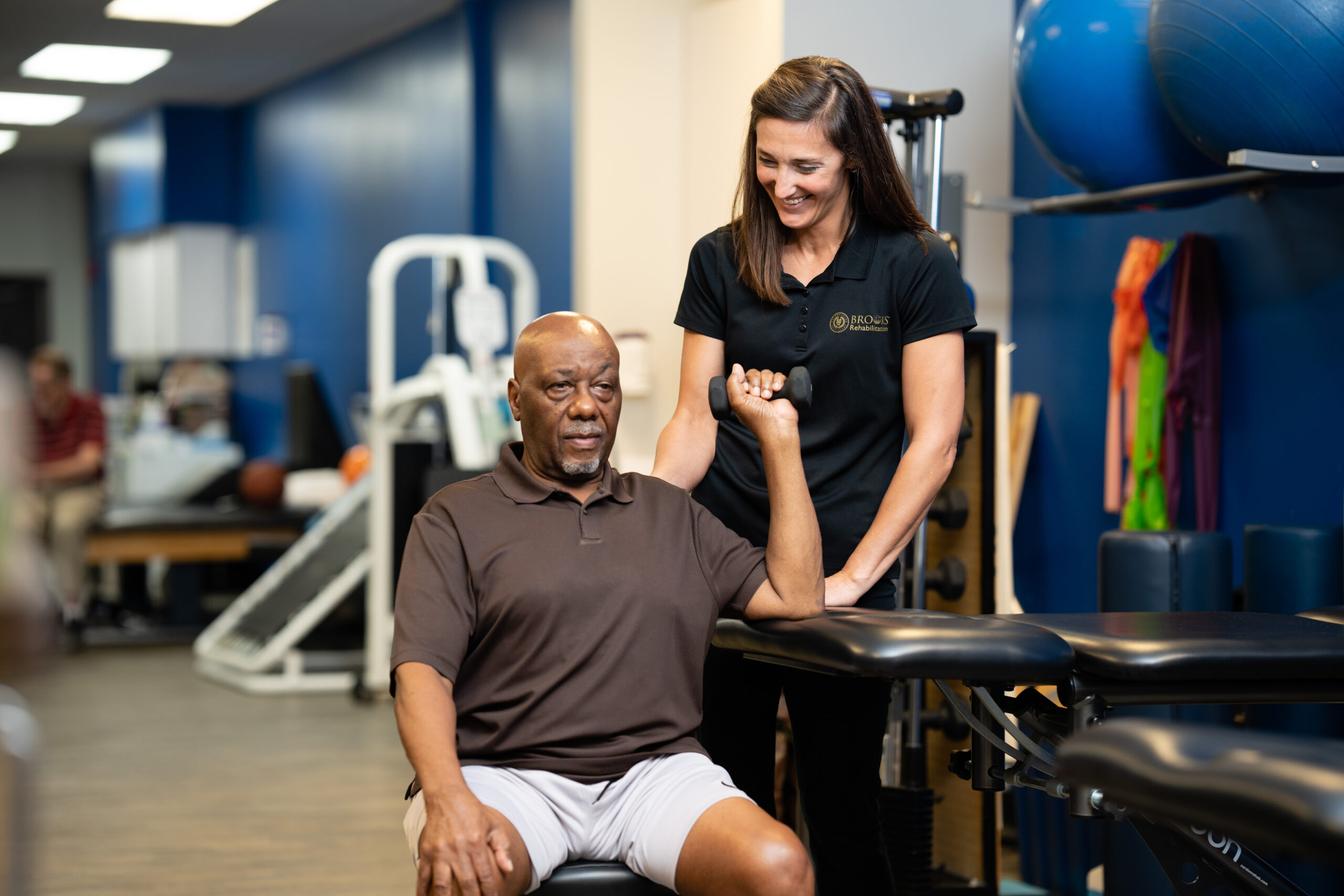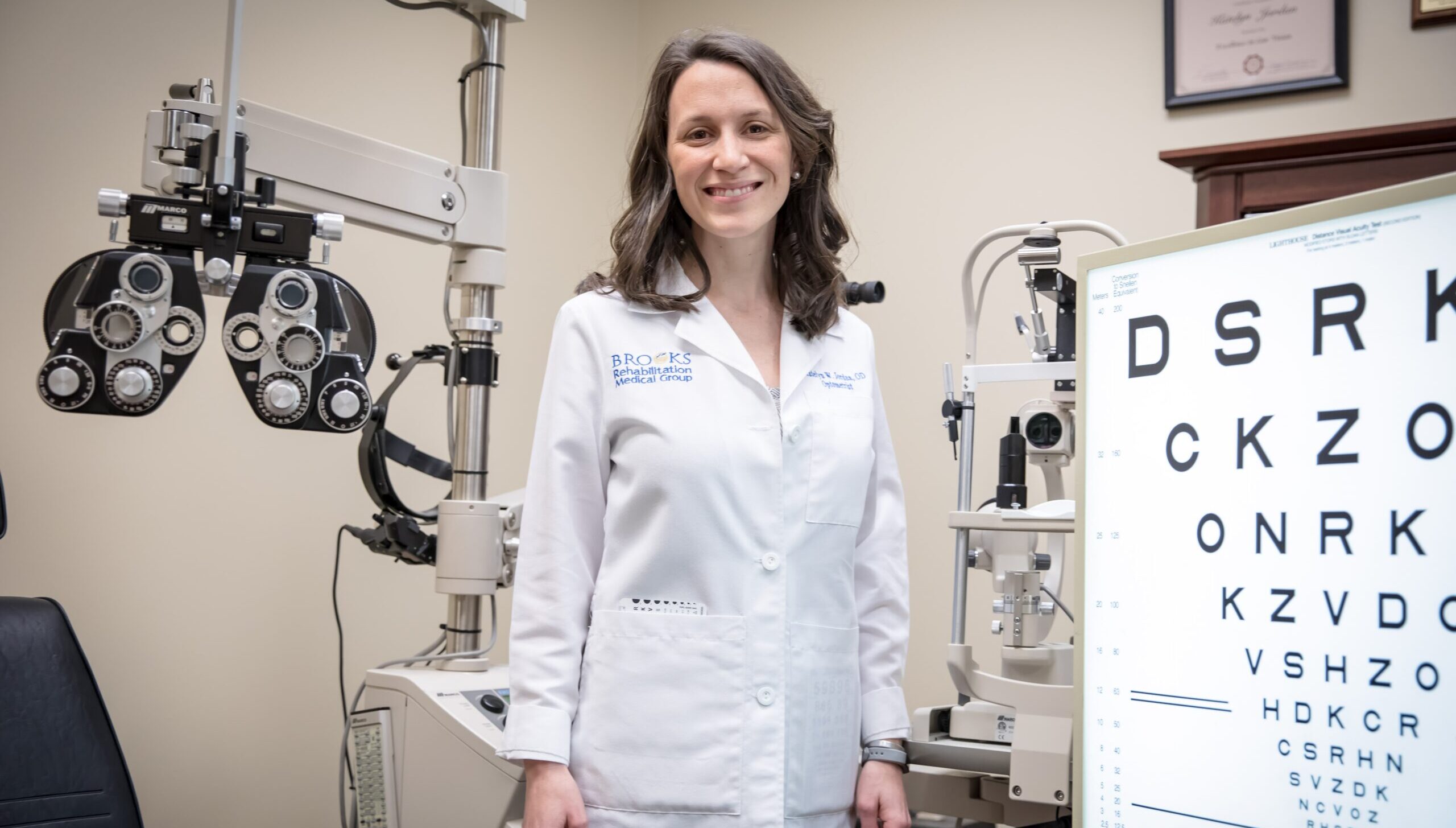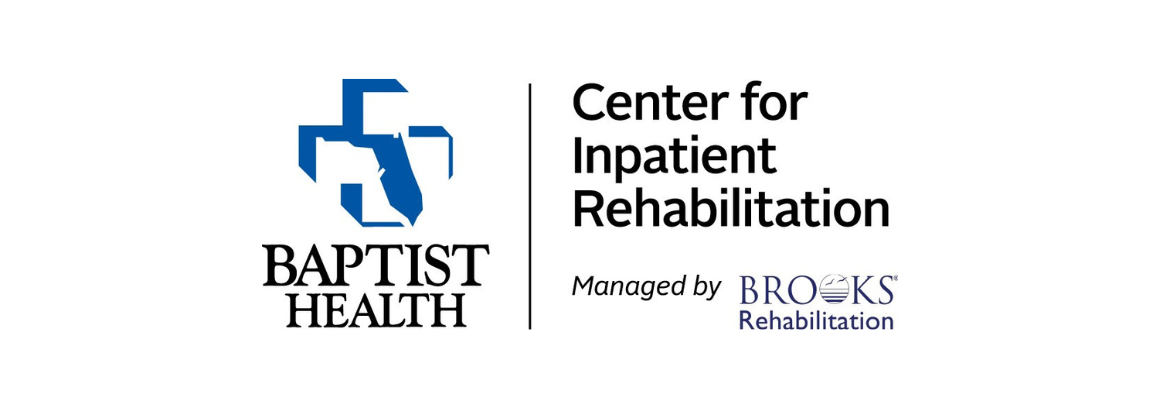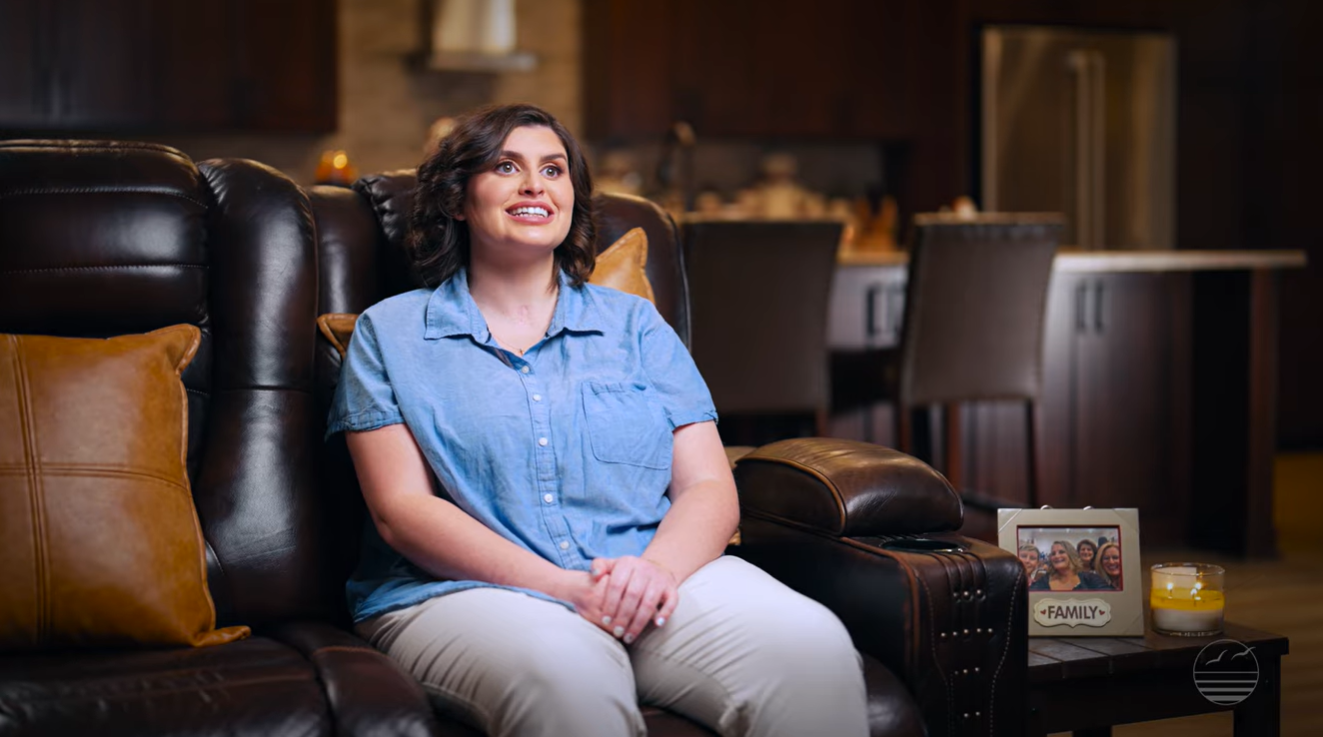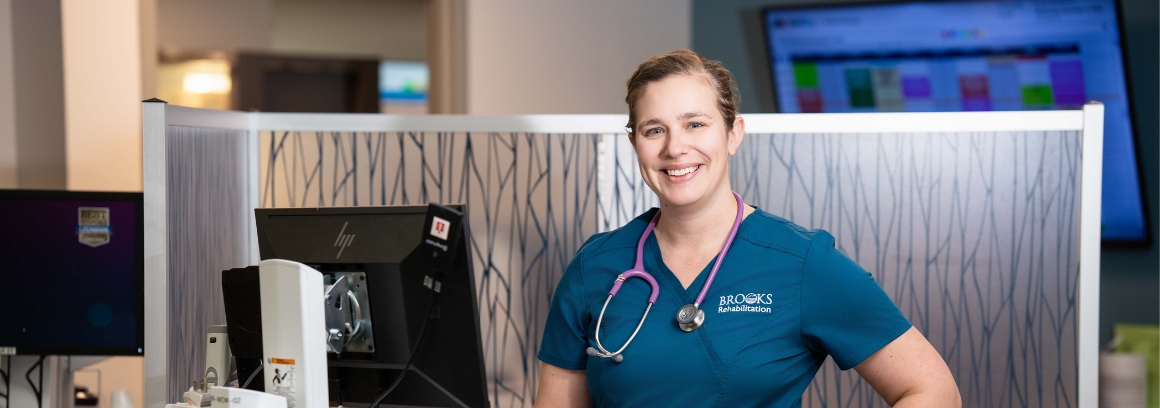What Is a Rotator Cuff Injury?
A rotator cuff injury happens when muscles or tendons that help lift and rotate your shoulder become strained, irritated or torn. These are common issues if you do a lot of lifting, reaching or overhead movements. The injuries cause pain and weakness, but many people improve with specialized physical therapy, like the care offered at Brooks.
Causes of Rotator Cuff Injuries
Rotator cuff injuries result from a variety of factors, including trauma and long-term wear and tear.
Common causes include:
- Aging and natural wear and tear on your tendons
- Bone spurs, which can rub against shoulder tendons, causing irritation or tears
- Lack of shoulder strength or flexibility
- Poor posture
- Repetitive overhead motions with sports like baseball or tennis, or jobs like painting
- Trauma, such as falling on an outstretched arm
Types of Rotator Cuff Injuries
Many types of injuries can affect the rotator cuff, including:
- Bursitis: Inflammation of the fluid-filled sac (bursa) between the rotator cuff and shoulder blade.
- Calcific tendinitis: Calcium deposits form within the rotator cuff tendons, leading to intense pain and restricted motion.
- Impingement syndrome: The rotator cuff gets pinched between shoulder bones, resulting in irritation and inflammation.
- Tears: Partial or full-thickness tears in one or more of the rotator cuff tendons, often due to injury or degeneration.
- Tendinitis: Inflammation of the rotator cuff tendons, commonly caused by overuse or repetitive stress.
- Tendinosis: Chronic degeneration of rotator cuff tendon tissue without significant inflammation, usually due to aging or overuse.
Easy Access, Close to Home
With more than 50 physical therapy locations across Florida, Brooks makes it easy to find care close to home. Many clinics offer extended weekday hours, so you can schedule visits before or after work. And you might not need a referral to start treatment, depending on your insurance. Direct access to our physical therapists can help you feel better sooner. Become a patient.
Rotator Cuff Injury Treatments
Orthopedic physical therapists at Brooks use a variety of methods to ease discomfort, restore movement and strengthen your shoulder.
Your personalized care plan may include:
- Dry needling: We use thin needles to release trigger points, which are tight, sensitive spots in your muscles.
- Electrical muscle stimulation (EMS or e-stim): This treatment delivers gentle electrical pulses to reduce pain and calm muscle spasms.
- Manual therapy: Your therapist moves your shoulder joint in specific ways and uses hands-on techniques like soft tissue massage and muscle release to decrease stiffness and help your shoulder move more comfortably.
- Mobility, range of motion and stretching exercises: We guide you through movements that help loosen tight muscles and improve shoulder flexibility.
- Neuromuscular electrical stimulation (NMES): A physical therapist uses electrical signals to help weak muscles contract and work better.
Why Choose Brooks for Rotator Cuff Injury Physical Therapy?
Whether it’s your first shoulder injury or a recurring issue, Brooks offers targeted physical therapy tailored to your health history, needs and goals.
Highlights of our program include:
- Specialized care for athletes: Whether you’re pitching, swimming or swinging, rotator cuff injuries keep you from performing your best. Brooks has physical therapists with advanced training in sports rehabilitation, including biomechanical analysis. By studying how your shoulder moves, we tailor care that helps you return stronger and with less risk of re-injury.
- Pediatric shoulder care: Children and teens may injure their rotator cuff through sports, falls or repetitive motion while their bodies are still developing. Therapists at Brooks provide age-appropriate care that helps young bodies stay active and grow safely. We focus on building strength, improving movement and getting kids back to their favorite activities.
- Support after re-injury: If you’ve torn your rotator cuff before, you know how frustrating it is to go through it again. Brooks therapists look at factors like shoulder blade control, strength imbalances and posture. This information helps us build a personalized plan to treat the new injury and support lasting recovery.
FAQs About Orthopedic Physical Therapy for Rotator Cuff Injuries
Many people begin rotator cuff injury treatment at Brooks right away. We see many patients without a physician referral. Orthopedic physical therapists perform a thorough evaluation and often develop a treatment plan during your first visit. If we need more information, we let you know how to proceed.
Physical therapy can often improve strength, mobility and function after a rotator cuff injury. Many people get better without surgery, depending on the severity and type of tear. A physical therapist helps you understand your options and guides you through treatments that support healing and reduce strain.
Recovery looks different for everyone. Many people recover full strength and motion. Others may experience lasting limitations, especially if the tear was severe or left untreated for a while. At Brooks, our goal is to help you reach the best possible outcome through personalized care. We help you move better, feel stronger and understand how to protect your shoulder going forward.
Request Care at Brooks
Find out more about becoming a patient and learn about orthopedic physical therapy for rotator cuff injuries.Latest News and Health Resources
Education and guidance to support your recovery
Q&A with Katelyn W. Jordan, OD, FAAO, FNAP
Katelyn W. Jordan, OD, FAAO, FNAP, director of Vision Rehabilitation Services, has been with Brooks for 12 years. Dr. Jordan graduated with her doctor of optometry, Magna Cum Laude,...
